I would like to invite you into the conversations that I have to have with my four-year-old son:
Son, I grew up in a culturally diverse community, in Aurora, IL, rich with Black and Brown people. White people were considered the minority, and I personally did not experience what it was like to be a minority and Black in America until I moved to Oswego, IL. I was twelve years old, had a curly afro, and walked into a classroom for the first time in my life where I was the only black kid. The only child of color. I felt different. I looked different, and it was quite apparent that being different wasn’t welcomed.
Constantly targeted and mistreated by the teachers and students because I was black, I would hear comments and remarks about my hair—naturally curly and often braided by my mother, or left untamed to frame my face like a lion’s mane. My hair reminded me, and them, that I didn’t belong. I no longer felt comfortable being me in my school. I wasn’t one of them and they wanted me to know that. It was only a matter of time before I heard it. The N-word. I was in seventh grade when I experienced one of my hardest lessons in life. I now knew what it was like being Black in America. We lived there for one year. My family decided to move back to Aurora.
I’m Black wherever I live, and the color of my skin that I proudly wear as a badge of my history and ancestors is seen by some as an insult and reminder of our country’s past inequities.
I quickly learned that being Black isn’t just demographics. I’m Black wherever I live, and the color of my skin that I proudly wear as a badge of my history and ancestors is seen by some as an insult and reminder of our country’s past inequities. I continued to experience racism in school as I got older in a more systemic way, but also with store clerks following me around because they said I looked suspicious, or people being uncomfortable as I walk in certain neighborhoods. Being Black in America is my reality, son, it’s our reality.
Unfortunately, the experiences that stand out most in my life are my encounters with the police. I can vividly remember…
I’m driving home from church choir practice through Oswego with my Black friend, and we see the red and blue lights behind us. We silently embrace the fear that fills the car even in our innocence.
We are pulled over. I look at my friend and begin to execute the police encounter training my father taught me.
Inside lights, on.
License and insurance on the dashboard.
Hands on the steering wheel. Silence.
Don’t move.
No sudden moves.
The officer comes to my window and states I waited too long to turn on my turn signal and walks back to his car with our information.
Within moments, I see more cop cars in my rear-view mirror.
The officer approaches my car again, “Are there any drugs or paraphernalia in the car?”
“No, sir.”
“Don’t you lie to me!” he retorts.
He then asks to search the car and I comply.
We exit the car and are instructed to sit on the curb. A paddy wagon pulls up and police dogs begin to sniff through my car, the dogs sniff me, they sniff my friend. We have no other choice, at the age of sixteen, but to sit there and allow it to happen. We are Black boys in America.
They find nothing because there is nothing to find. They give me my license back and dismiss us without saying anything.
It became a constant challenge to get from practice to home without getting stopped so I literally put my car on cruise control at 35 miles per hour. It didn’t stop them. They found plenty of “justifiable” reasons to stop me. I have no record, I was always searched, and they always let me go because they came up with nothing. What should have been celebratory years of enjoying the rite of passage of having a driver’s license was turned into years of targeted racism, destruction of childhood heroes, and building of walls to protect and serve myself.
Son, going through all of these experiences in my life, I know you may also have to experience these things because of the color of your skin: stereotypes, racism, and mistreatment from both peers and authority.
At the young age of four, I feel I need to prepare you now, and raise you as a strong young man who can stand boldly in an America that wasn’t built with your best interest at heart. I must give you a foundation that cannot be shaken, one that is full of power, self-worth, and an understanding you are a Child of God. You are above all racism, hatred, and you are made to have dominion on this earth.
Daily, I make sure my son understands he is not a stereotype. I make sure he declares who he is every day.
“Jett! Who are you?”
“I’m great, I’m smart, I’m strong, and I’m a man of God!”
“Jett! What do you want to be when you grow up?”
“Philanthropist, entrepreneur, and a business mogul!”
…and the declaration list will grow.
As his father, like my father did for me, my son will know that he is GREAT. He will know that he is BLACK. He will understand that those two words are synonymous.












